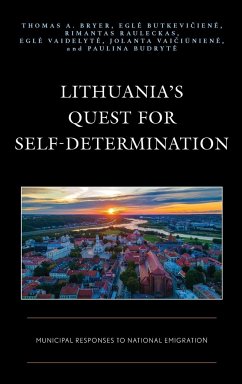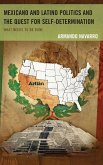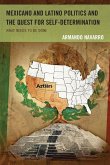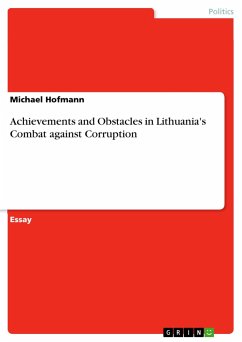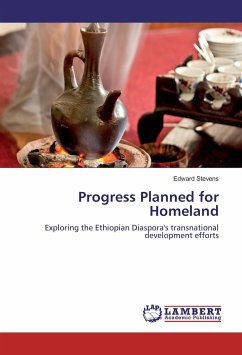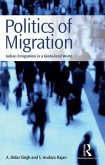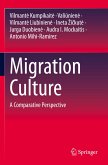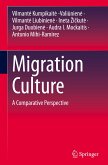Self-determination in the European Union rests on the strength and skills of a country's representatives to manage and leverage relationships with other nations, and for individuals it rests on the ability to use autonomy and freedom wisely. To flourish, an individual must consciously determine their own path. Similarly, we can say a country can flourish. Self-determinism for a country is conditioned on the forces that facilitate or hinder its ability to succeed as a society. The same forces that can help a nation to flourish might also accelerate the decision to emigrate among a nation's people. This is the paradox, and it is the quest: national and individual self-determination, to allow choice for emigration but to have strength of culture, civics, and institutions to discourage it, or to encourage return migration for those who have left. In this book, we address this paradox and this quest using the case of Lithuania. More specifically, we examine how municipalities can and do respond to ongoing population shrinking due to emigration in Lithuania, the non-economic factors that facilitate decisions to emigrate, and the opportunities for local governments to shrink smartly or reverse shrinkage.
Hinweis: Dieser Artikel kann nur an eine deutsche Lieferadresse ausgeliefert werden.
Hinweis: Dieser Artikel kann nur an eine deutsche Lieferadresse ausgeliefert werden.

